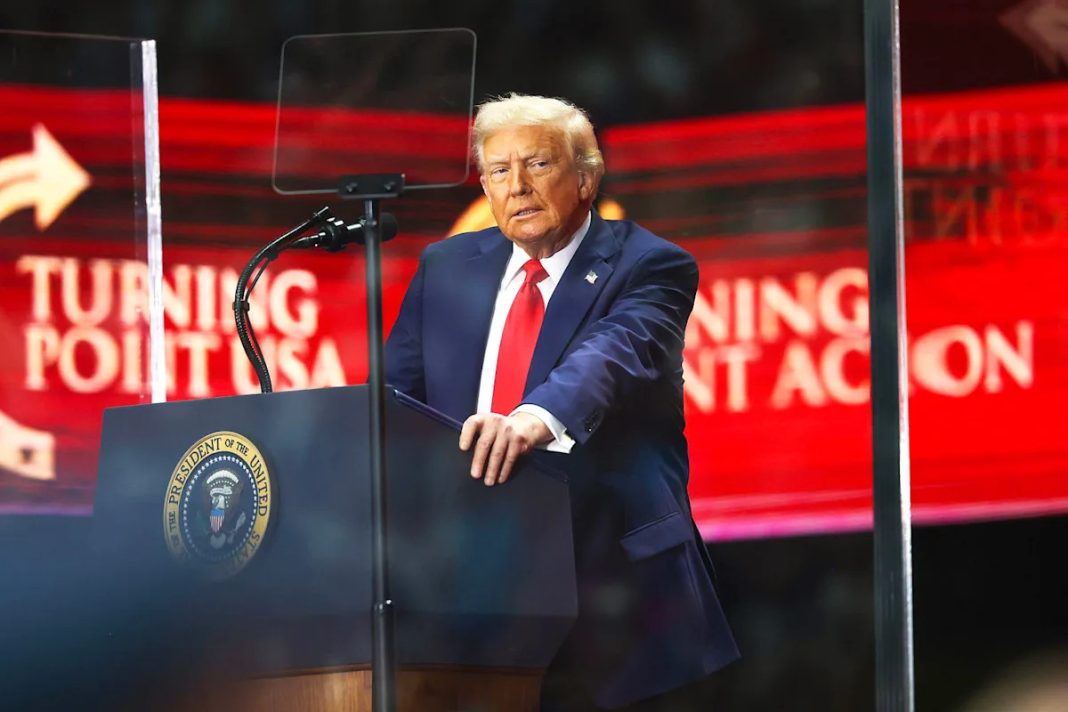My colleague Steve Benen explained why President Donald Trump telling Attorney General Pam Bondi to go after his political opponents is an impeachment-level scandal. But with congressional Republicans effectively ceding their power to the Republican executive, that leaves the judicial branch as the check on Trump’s abuses of power, as has been the case throughout his second term (with mixed results thus far).
If the latest Trump-pressured investigations lead to prosecutions, one way that check could arise is by courts ruling on any motions to dismiss these potential prosecutions on the grounds of selective and vindictive prosecution.
To be sure, it’s possible that no such prosecutions arise against people like New York Attorney General Letitia James and former FBI Director James Comey, both of whom the president has gone after in explicitly revenge-based terms. The prosecutor who was heading the federal Virginia office investigating them resigned after Trump called for his ouster. The New York Times reported that that experienced prosecutor, Erik Siebert, “had recently told senior Justice Department officials that investigators found insufficient evidence to bring charges against Ms. James and had also raised concerns about a potential case against Mr. Comey, according to officials familiar with the situation.” Trump then announced he was appointing one of his former personal lawyers, Lindsey Halligan, who appears to have no prosecutorial experience, to lead that Virginia prosecutor’s office.
Against that backdrop, Trump’s apparent goal is for another of his loyalists to deliver prosecutions against his political opponents. If that happens, then expect any such hypothetical criminal defendants to raise defenses highlighting the overtly political, revenge-based background leading to their prosecutions (in addition to whatever typical motions to dismiss they might bring).
We’ve seen such motions to dismiss based on selective and vindictive prosecution arise recently in a different case brought by the office of another Trump loyalist, Alina Habba, against Rep. LaMonica McIver, D-N.J. McIver was charged in the spring with allegedly assaulting federal officers at an immigration facility in Newark, New Jersey, while she was conducting oversight with other Democratic politicians amid the Trump administration’s immigration crackdown. While every case is different, how the courts resolve her pending motions could show how judges are seeing such arguments in the second Trump era.
Whatever happens in McIver’s case, the president’s latest moves to control and pressure the DOJ’s actions against James, Comey and other Trump targets could give those would-be defendants additional legal arguments if they’re charged. That is, the political, revenge-based pressure that could lead to their cases existing could also lead to them going away. While no legal argument is ever guaranteed to succeed, and voters are free to consider this administration’s actions at the ballot box in the future, congressional Republicans have all but ensured that the courts are the arena in which checks on this executive are possible, even if that judicial check is not a proper substitute for the political check.
Subscribe to the Deadline: Legal Newsletter for expert analysis on the top legal stories of the week, including updates from the Supreme Court and developments in the Trump administration’s legal cases.
This article was originally published on MSNBC.com

